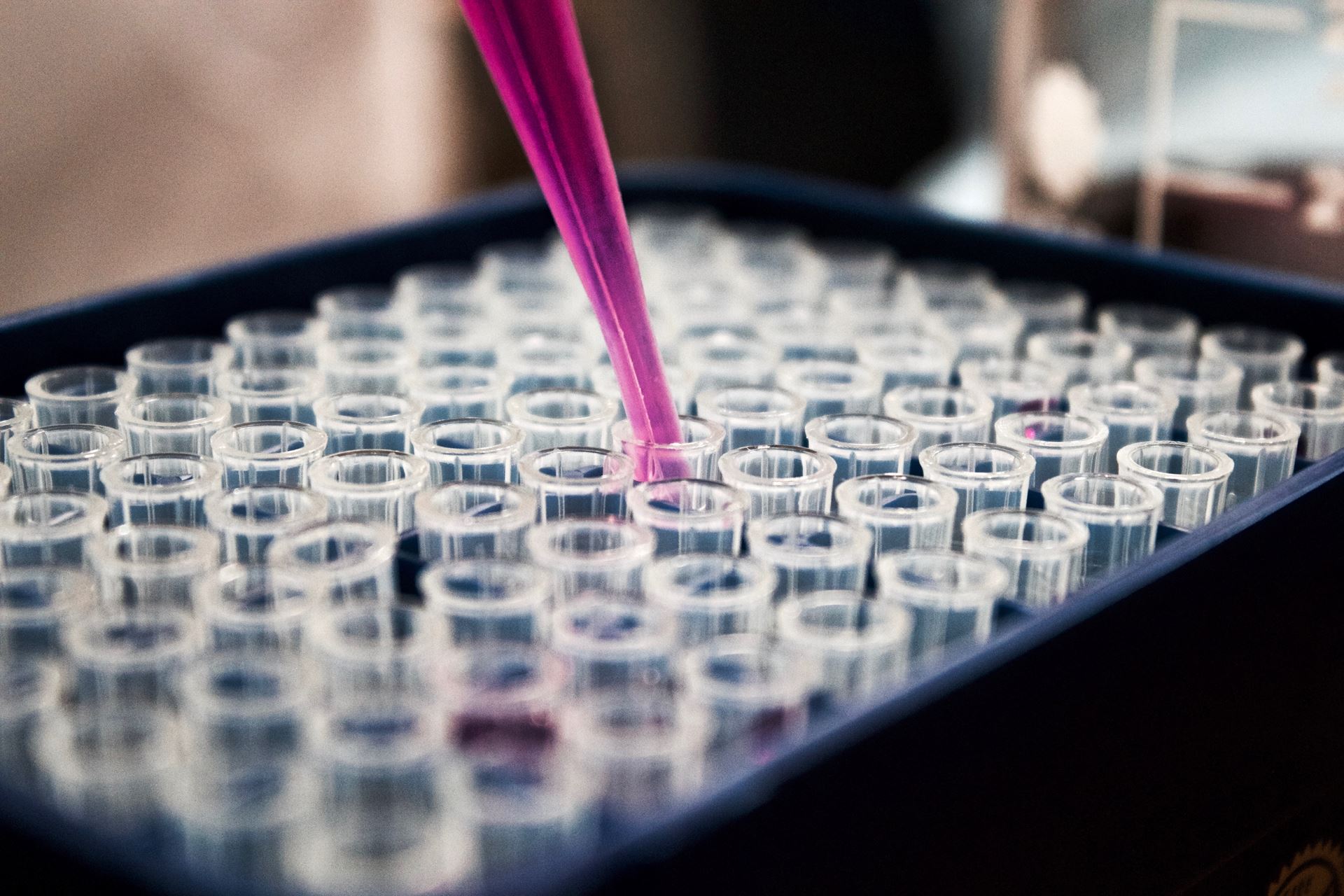Tests & Results
Results of Tests And Investigations
Please call between 11am and 3.30pm to enquire about your test results as our reception staff will have more time to deal with your request between these times.
Note that the practice has a strict policy regarding confidentiality and data protection and we will only release test results to the person to whom they relate unless that person has given prior permission for the release of this data or they are not capable of understanding the results.
When you take your test you will be told how long it will be before the results are returned to the practice.
It is your responsibility to check your results and to make an appointment to discuss them with your doctor if you are advised to do so.

Blood Test Appointments
If you are required to have a blood test, you can make an appointment with the Phlebotomist, on a Wednesday morning, here at the surgery. Alternatively, you can collect your blood test form from reception and have your blood taken at the hospital; Huddersfield Royal Infirmary (HRI).
Opening Times: Monday - Friday 7.30am – 4.45pm
(Last admission for bloods is at 4:15pm)
- 7.30am – 11.30 am is very busy.
- 12pm – 2pm is quiet.
- 2pm – 4.15pm is fairly busy.
There is a late night service every Wednesday 5 – 6.30pm.
This service is by appointment only. Patients can make an appointment by telephoning 01484 342552.
Samples
If a specimen has been requested from you please contact the reception to collect the necessary container and ensure that you write your name and date of birth on the container and return to reception.
Please note we do not accept samples after 1pm on a Friday as we are unable to store samples over the weekend.
X-Rays
An X-ray is a widely used diagnostic test to examine the inside of the body. X-rays are a very effective way of detecting problems with bones, such as fractures. They can also often identify problems with soft tissue, such as pneumonia or breast cancer.
If you have an X-ray, you will be asked to lie on a table or stand against a surface so that the part of your body being X-rayed is between the X-ray tube and the photographic plate.
An X-ray is usually carried out by a radiographer, a healthcare professional who specialises in using imaging technology, such as X-rays and ultrasound scanners.
You can find out more about x-ray tests, how they are performed, their function and the risks by visiting the NHS Choices website.
Page created: 06 December 2019
